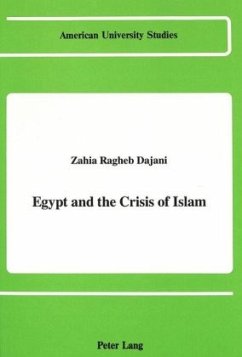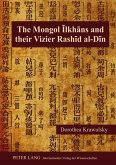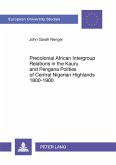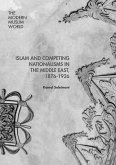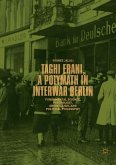The military sway of European power over the Islamic world after World War I, threatened to take an intellectual turn aimed at undermining the whole edifice of Islamic belief. Egyptian intellectuals: Taha Husayn, Haykal and al-'Aqqãd and others, addressing themselves mainly to a new half-westernized and confused audience of educated Muslims applied Western modes of thought, analysis and presentation, to the effect of re-asserting faith in Islam, its beliefs, symbols and heroes. In the process, they evolved a liberal Islamic outlook, which is neither "secular" along lines drawn by Kemal Ataturk, nor "fundamentalist" along lines drawn by traditionalists.
"...(this book) is a timely reminder that the values of modern Islam can be those of tolerance and open-mindedness towards other cultures and civilizations, reminiscent of the time when Islam was at the height of its achievements in the medieval period." (Robin Ostle, Oxford University)
"This book...is an authoritative, sympathetic and readable introductory study of the impact of Islam on leading thinkers, scholars, and writers in Egypt from the end of the last century up to recent times. Such a study is long overdue and its content is important in order to fully appreciate many aspects of Arabic literature in Egypt and the Arab World. (The author's) book is likely to be an important source of reference for some time. It will be of wide interest and will have a special appeal to those who wish to know more about the deeper movement of contemporary Islamic thought in the Middle East." (Harry Thirlwall Norris, School of Oriental and African Studies, University of London)
"This book...is an authoritative, sympathetic and readable introductory study of the impact of Islam on leading thinkers, scholars, and writers in Egypt from the end of the last century up to recent times. Such a study is long overdue and its content is important in order to fully appreciate many aspects of Arabic literature in Egypt and the Arab World. (The author's) book is likely to be an important source of reference for some time. It will be of wide interest and will have a special appeal to those who wish to know more about the deeper movement of contemporary Islamic thought in the Middle East." (Harry Thirlwall Norris, School of Oriental and African Studies, University of London)
